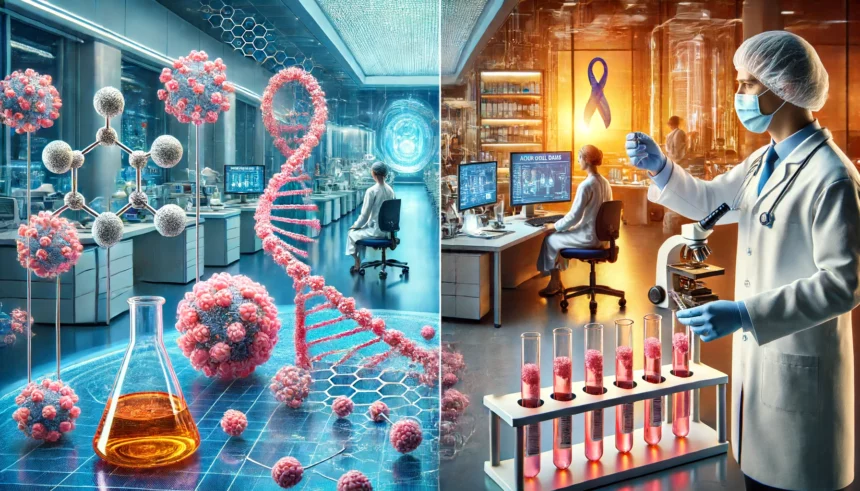In the ongoing battle against breast cancer, the University of Adelaide has introduced two groundbreaking treatments that promise to enhance patient outcomes and minimize adverse effects. These innovations offer fresh hope to thousands of women diagnosed with the most prevalent cancer affecting females globally.
Understanding the New Therapies
Novel Approach for ER+ Breast Cancer
Typically, 70-80% of breast cancers are treated by targeting estrogen receptors or blocking estrogen production. However, about 30% of patients eventually develop resistance to these treatments, leading to metastatic disease, the primary cause of death from breast cancer.
Researchers at the Dame Roma Mitchel Cancer Research Laboratories (DRMCRL) have developed a new strategy that utilizes androgen hormones, commonly associated with male health but also crucial for women. Led by Professor Wayne Tilley, the team has discovered that activating the androgen receptor (AR) in estrogen receptor-positive (ER+) breast cancers can significantly inhibit tumor growth more effectively than existing therapies.
Breakthrough in Treating Triple-Negative Breast Cancer
On another front, Associate Professor Theresa Hickey and her team are making strides against triple-negative breast cancer, a form that is particularly aggressive and difficult to treat. This cancer type lacks clear therapeutic targets and has been traditionally managed with chemotherapy alone.
The Adelaide team’s innovation lies in targeting a specific protein called CDK9, which is vital for the rapid growth of cancer cells. Their new oral drug effectively “pulls the plug” on this process, offering a beacon of hope for effectively managing this challenging cancer subtype.
What’s Next?
Future Directions and Clinical Trials
Both treatments are still in the early stages of research, with clinical trials needed to confirm their efficacy and safety. Moreover, the DRMCRL researchers are exploring the use of androgenic drugs as a preventative measure for women at high risk of developing breast cancer, providing an alternative to drastic measures like surgical breast removal.
Integrating AI in Breast Cancer Research
With advancements in technology, artificial intelligence is poised to play a significant role in identifying new drug targets and predicting treatment outcomes. This could speed up the development of next-generation therapies and tailor interventions more effectively to individual patients.
Conclusion
The progress at the University of Adelaide not only brings us closer to more effective and tolerable treatments but also ignites hope for turning breast cancer into a curable disease in the future.
Learn more about breast cancer and explore advancements in cancer treatment.
















